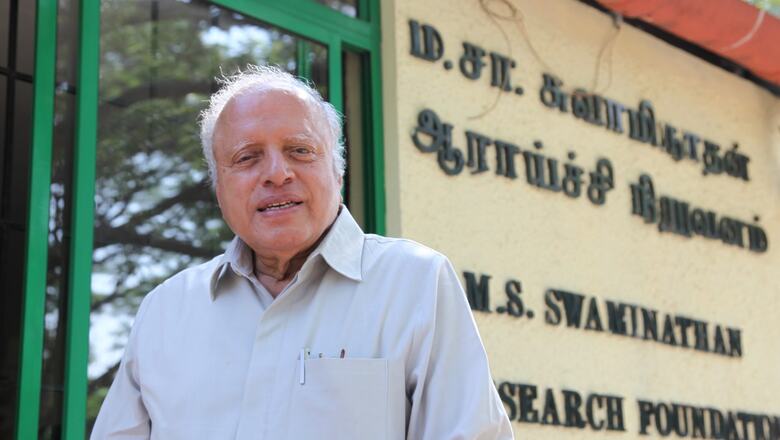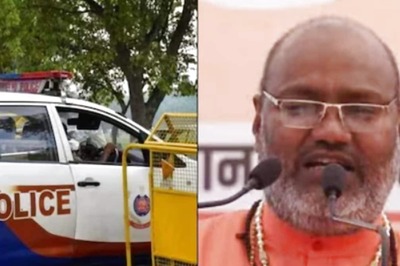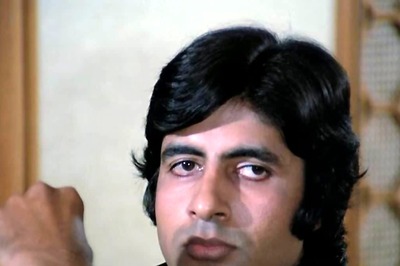
views
The demise of MS Swaminathan, the father of the Green Revolution, profoundly saddens me. While mourning for the loss, which is indeed irreplaceable, we should remember his contribution to transforming India’s food system. He worked to address both hunger and hidden hunger among the Indian population. His contribution towards addressing hunger is well known to the global research community, wherein his efforts transformed India from a begging bowl to a holy grail, sufficing food supply for every Indian.
A nation which used to import food grains began to produce major cereals in surplus under his statesmanship. For a country like India, which is diverse in terms of population and geography, it is indeed a challenge to implement any reforms; however, Prof Swaminathan successfully brought about a ‘green revolution’. His efforts revolutionised food production, value addition, and supply chain management. His efforts strengthened the public distribution system, which is still successfully operated in different states. When the productivity of food grains increased, the government established appropriate supply chain management, followed by public distribution.
When the government directly purchased agricultural produce from farmers, the farmers were encouraged to produce more, efficiently implementing the farming management practices. In addition, farmers were given subsidies, which continued to further the country’s agricultural activity. Thus, the seeds Prof Swaminathan sowed years ago grew into a vast spread banyan tree that strengthened agriculture, the lifeline of the Indian economy. While addressing hunger, his efforts also helped in eradicating hidden hunger. Providing food to address hunger is insufficient, but supplying nutritious food is equally important to address nutritional issues that are prevalent among the Indian population.
MS Swaminathan also worked on this front to address the hidden hunger, and lately, he realised the importance of millets in eradicating malnutrition in India. In 2015, he remarked that seeds had been sown for the millet revolution. Before millets gained popularity, he was at the forefront of promoting millets for food and nutritional security. He envisioned that millets would play a significant role in addressing multiple insecurities, not only in India but also in other low- and middle-income countries. It took a few years for the world to realise the importance of his statement, leading to celebrating the year 2023 as an International Year of Millets. Thus, he proved himself as a visionary.
He is India’s Norman Borlaug, who led initiatives that contributed to the efforts of addressing hunger and hidden hunger. His contributions have secured millions of people’s lives and livelihoods, and everyone in the agricultural sector will remember him for his service.
Prof. Manoj Prasad, FNA, is Senior Scientist & J.C. Bose National Fellow, National Institute of Plant Genome Research (NIPGR). Views expressed in the above piece are personal and solely that of the author. They do not necessarily reflect News18’s views.



















Comments
0 comment